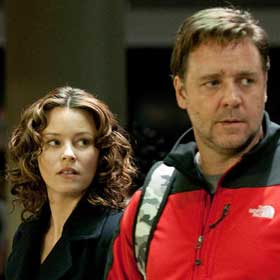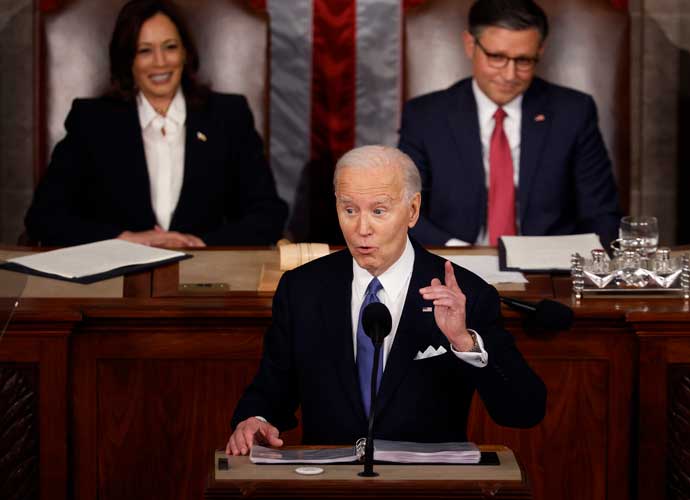The Next Three Days

3/5
The Next Three Days comes into theaters already seemingly resigned to defeat. The only major release going up against Harry Potter, it knows it's not going to give the behemoth a run for it's money. It knows it's not going to make waves either, it's not being positioned as the artistic alternative to Harry Potter, it's just being sold as mildly entertaining diversion dads could maybe see while their kids went to Harry Potter, or maybe just rent on DVD. It meets those goals, but those are some modest goals.
The film follows Russell Crowe, and ordinary suburban dad whose perfect life is torn apart when his wife is arrested for murder. Out of appeals, and with no one but him truly believing she's innocent, he sets out to do the only thing he can: devise a plan to break her out of prison.
On paper, this sounds like it could be a fun, brainless night out at the movies, a cross between a prison escape flick and the suddenly resurgent “suburban Dad goes on rampage” genre of action films best exemplified by Taken (Liam Neeson makes a cameo as an former prison escape artist, making the parallels obvious). But this is written and directed by Paul Haggis, the king of middle-brow Oscar bait, who wrote Million Dollar Baby for Clint Eastwood and is best known for his love-it-or-hate-it divisive Oscar-winner Crash. When a serious filmmaker tries to cut loose and make a genre film, but finds themselves unable to stop being serious, you get The Next Three Days: a self-important piece of fluff.
Elizabeth Banks plays the wife, in one of an increasing number of dramatic roles she's been taking recently as an admirable attempt to break away from the comedy films she's best known for and avoid the terrible fate of playing the long-suffering girlfriend in Judd Apattow films for the rest of her career. She does her best, but she's not really given anything different to play; she's just the long-suffering wife, this time in prison. Olivia Wilde is in the film too, in the same way trees and buildings and other bits of background scenery are in it, but mostly it's just Russell Crowe. Alone. Suffering and persevering. Crowe was never the most happy-go-lucky screen presence, but in past mopey bastard roles like The Insider there was still some spark of life to him. Now he's so grim and joyless in everything he's become a chore to watch. And the tone of the film matches him.
The caper-like scenes where Crowe builds his escape plan step by step are endearing in their realistic low-fi approach (his guides are mostly you tube videos), but weighed down by the film's constant insistence that it never be allowed become fun. In a classic caper film like The Sting, the protagonist is driven by an unbearable loss and all consuming desire for revenge, but those motivations are kept mostly in the background, lest the film become a bummer. The Next Three Days wants to be a bummer.
The action scenes, when they finally come, are very well done and have a bite and veracity to them that suggests if Haggis had wanted to make a straight thriller, he'd have done a good job. But he can't escape his instincts, so every cool or exciting scene has to be balanced out with a bit of earnest family drama or some soulful staring. The film is simply way too slow and ponderous for the story it's telling and ends with a whimper rather than a bang. Just as things are escalating nicely and we seem to be heading for a big climax, it abruptly ends (think Die Hard if the terrorists had just given themselves up once the cops arrived). A cop who's figured out Crowe's plan is sloppily introduced in the 11th hour
so that there's someone to give chase, and the film gutlessly removes its sole piece of ambiguity in the final scene.
The Next Three Days doesn't succeed as a thriller because it wants to be more than just a thriller. And as a serious-minded exploration of grief and loss and what ordinary people can be driven when faced with extraordinary circumstances, it's fatally lacking in depth. All we ultimately know about Russell Crowe's character is that he really loves his wife and he doesn't give up easy. For the amount of time we spend delving into his personal life and him dealing with his trauma he doesn't end up with anymore depth than the average vigilante action hero.
RELATED ARTICLES
Get the most-revealing celebrity conversations with the uInterview podcast!







Leave a comment